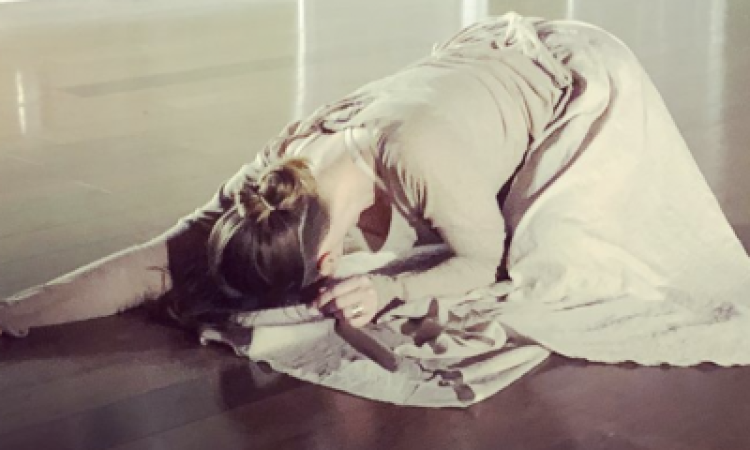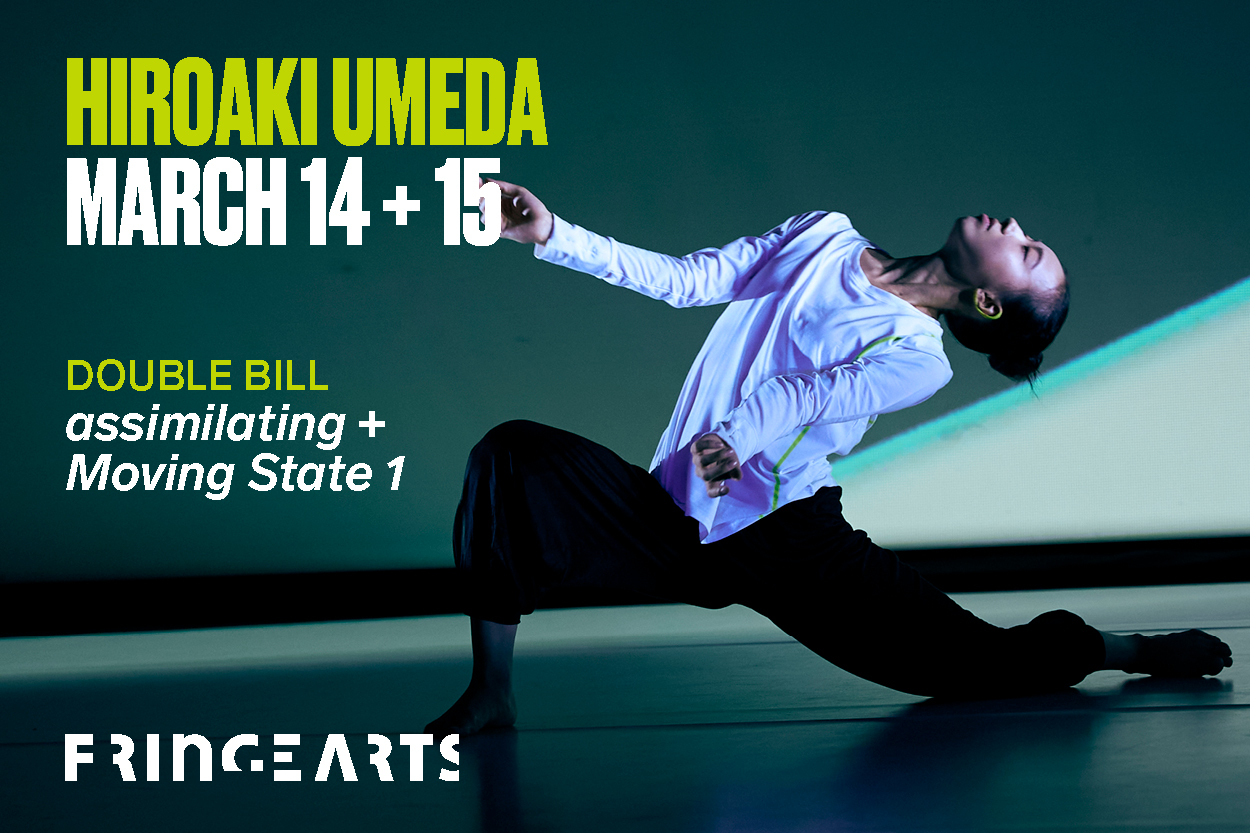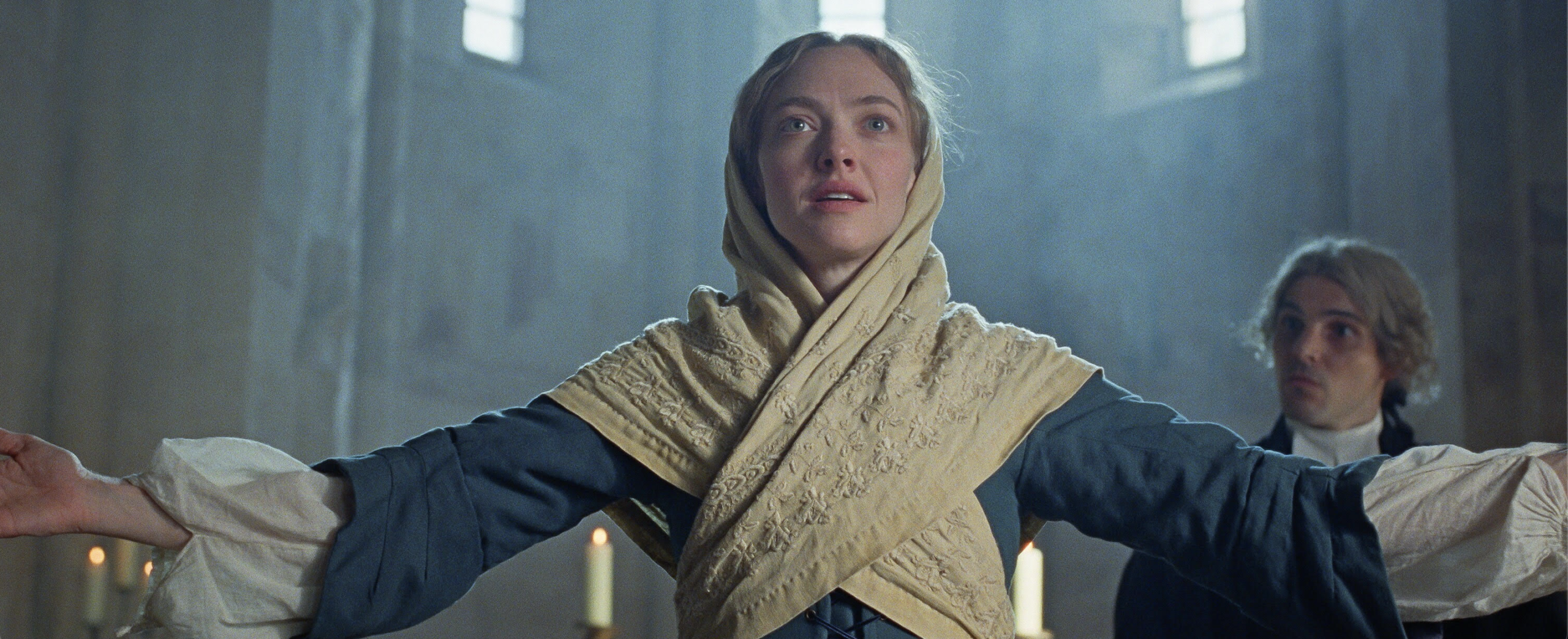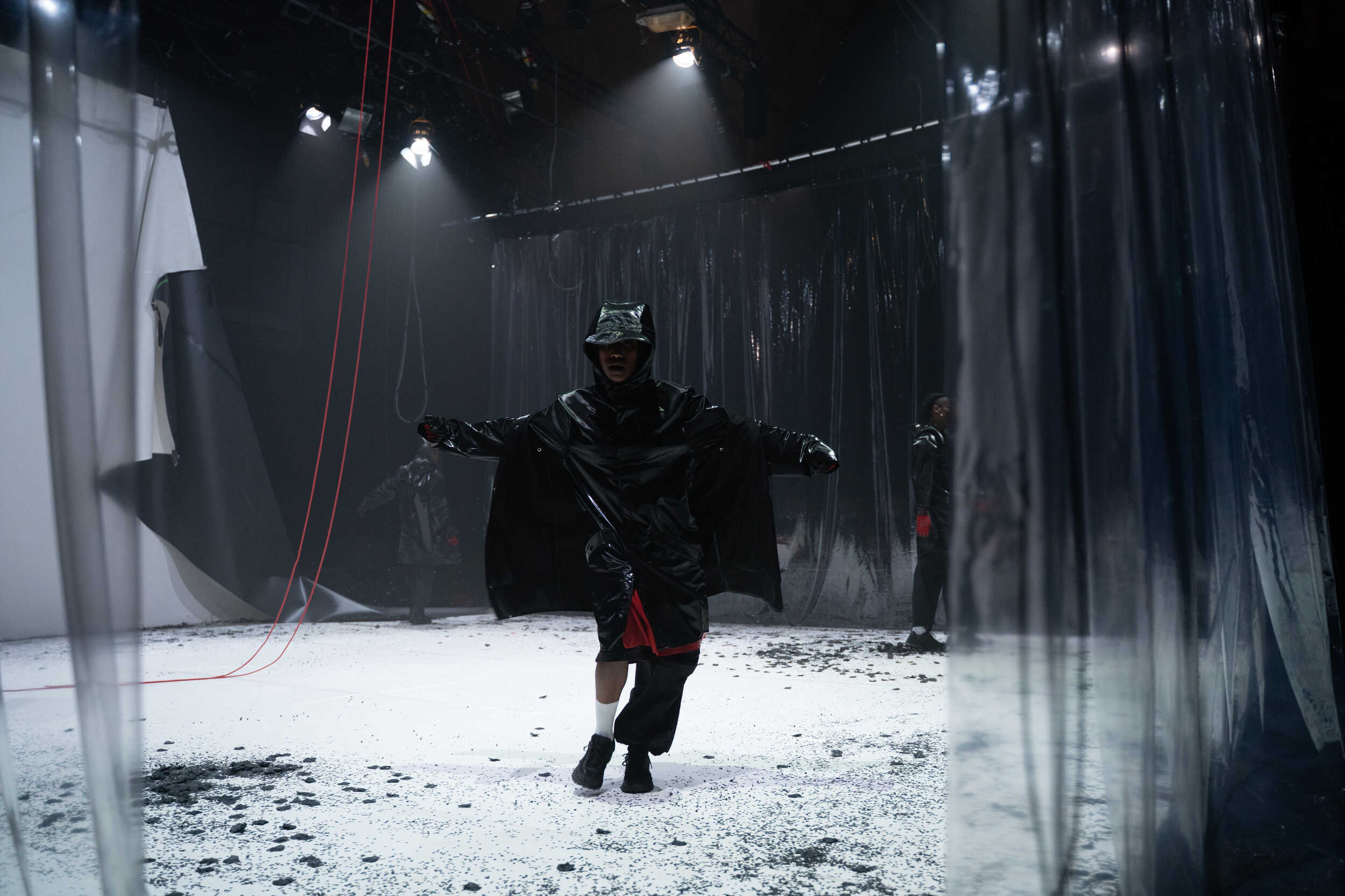As someone who spends so much time with children, I sometimes forget I don’t actually have my own (I am a preschool teacher). I am intrigued by the notion of seeing dance that explores “the vast and dynamic elements that constitute the relationship between mother & child.” Such is the description for SoLow Fest’s Little Things—a short and informal evening of six solo works performed in a small South Philly studio. Many sitting among me appear to be family members of performers, including some little ones who manage to stay remarkably quiet throughout the evening. Prior to the show, it is announced that all proceeds are to be donated to Mary’s Shelter, an organization that provides needed resources to women who are expecting. Even before the lights dim, I am touched by the care that has gone into establishing the work’s context.
The opening solo is choreographed and performed by Brandi Ou, whose pregnant belly is visible as she flows through a sound score of billowing piano and, later on, ticking clocks. Immediately, I wonder about the implications of the dancing pregnant body. My own exposure is limited to a viral video of a pregnant ballerina doing fouette turns and one of my teachers laughing hysterically while struggling to do modern dance leg swings late into her third trimester. I realize that this is probably the first time I’m actually seeing a pregnant woman performing. Ou’s control and fluidity through spirals and leg extensions is clear, but I wonder about what meaning lies behind the hints of struggle she presents to us through the clock’s encroaching tick, or when she flicks her fingers toward her toes, as if they are misbehaving, before her foot dutifully points. What aspects of humanity and agency do we smooth over when the pregnant woman exists as a generally mute symbol? I want to know more about what lingers behind her luscious movement.
The next several movement pieces, although performed by (seemingly) not pregnant people, present work in a similar contemporary vernacular, also accompanied by instrumental music. A solo choreographed by Evalina Carbonell and performed by Nikolai McKenzie stands out with its darker tone and more sporadic movement vocabulary, which strikes me as similar to the rhythms and patterns of a child’s physical play. Grace Stern and Jessica C. Warchal-King also present movement work, and Maria Guzman reads a short, sweet poem—in both English and Spanish—about her experience of being a grandmother.
By all measures, the highlight of the night is the final work, Rhonda Moore’s* Installation #3: B2, which satisfies the craving for language and openness I have been nursing all evening. She arrives onstage with a mixing bowl and spatula in hand, swaying her hips lightly as she speaks. After thanking the previous artists for their work, she states, “As beautiful as you all look, it’s not always as beautiful as you make it seem.” She continues to mix ingredients we aren’t able to see, speaking of rage and joy, of all of the “little things” that combine to make an imperfect whole. As she tells us a story about losing sight of her son in a department store, tears come to her eyes—in her gaze, I see the juxtaposition of the frustration a parent can feel toward their child and the utter fear that they might lose it all. This brings up notions of perspective, and she ends the speaking portion of the piece by telling a hilarious anecdote about when she, not long ago, walked along a busy Philadelphia street and fell into twelve inches of wet cement. Three metaphorical “mothers”—two construction workers and a bartender armed with a towel—rushed to her aid. She continues to stir before easing toward a pause. “Maybe…it’s all one big salsa!” The satisfying reveal arrives: colorful salsa music fills the room, and Moore proceeds to dance with the small baby doll that has been stashed in the bowl all along. She celebrates it, twirls with it, grows frustrated with it, throws it across the room, and runs to collect and hug its limp body. The doll dance resonates with me. Like motherhood, or at least what I know about it from the outside, I find Moore’s dance to be adorable, full of cheesy moments, and profound.
*Rhonda Moore is a writer for thINKingDANCE.
Little Things—6 Soloists Performing Dance & Poetry, SoLow Fest, Ballroom Philadelphia, June 23.






